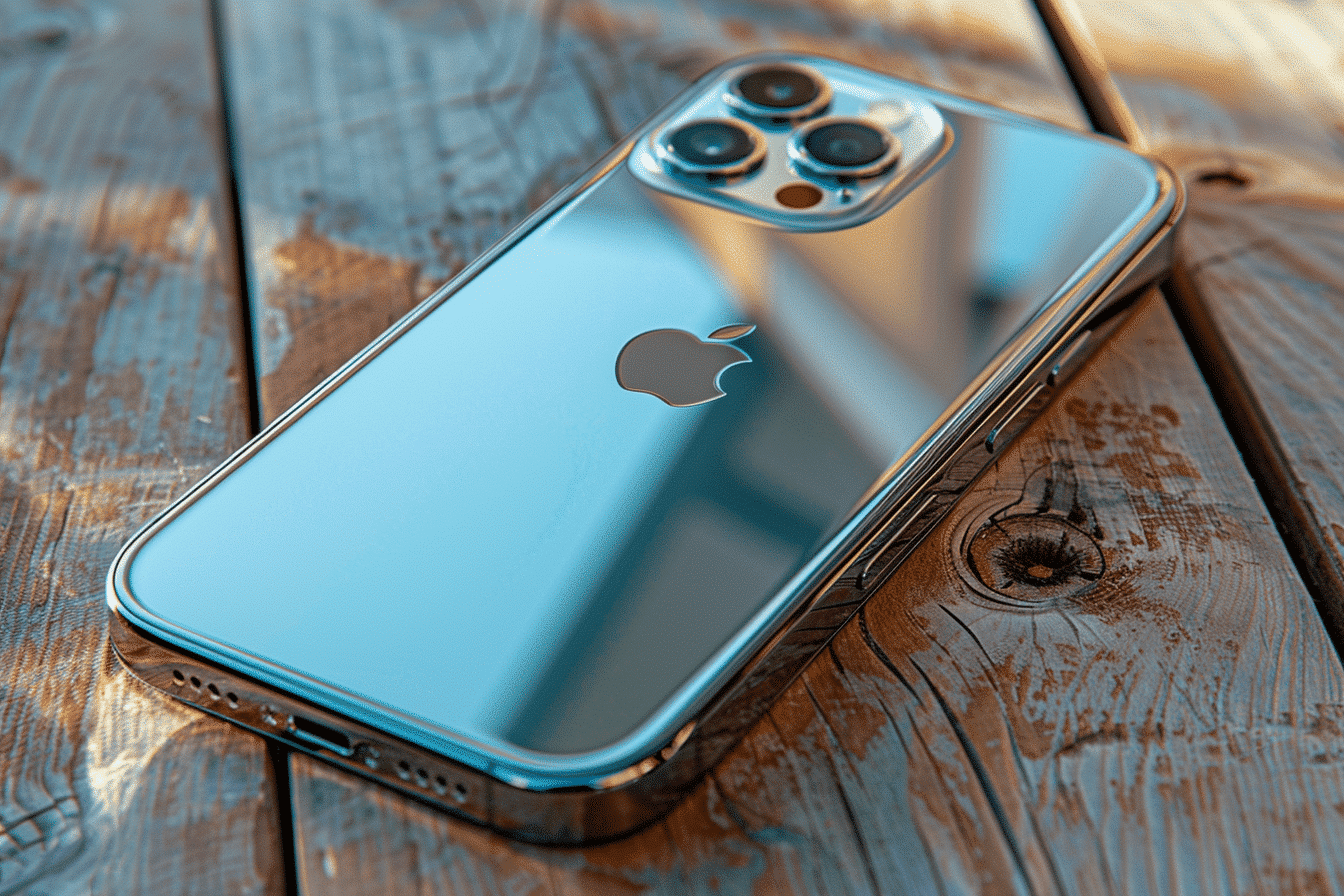Apple’s forthcoming iPhone 16 series promises to introduce groundbreaking changes, significantly altering its iconic smartphone’s design and user experience. A recent report from the Economic Daily News indicates that Apple may replace traditional physical buttons with capacitive touch elements. This shift towards capacitive buttons, known for their haptic feedback, could enhance durability and modernize interactions, potentially setting a new standard for smartphone design.
A Leap Towards Futuristic Design
Capacitive Innovation: The End of Physical Buttons
According to insights from the Economic Daily News, the iPhone 16 could see a significant design overhaul with the elimination of physical power and volume buttons. Instead, Apple might introduce capacitive buttons that provide haptic feedback, simulating the sensation of pressing a button without actual movement. This technology isn’t entirely new to Apple; previous iterations, like the Touch ID on the iPhone SE, have employed similar mechanisms. However, applying this to the iPhone’s primary controls would be a first, indicating a significant stride toward sleeker, more resilient device architecture.
Technical Implications and User Experience
Enhancing Functionality with Fewer Moving Parts
The transition to capacitive buttons could result in a device with fewer mechanical failures, as moving parts are often susceptible to wear and tear. This change could redefine user interaction with the iPhone, offering a smoother, more consistent response. The report suggests that capacitive elements might be integrated on both sides of the iPhone, including a new Action button, enhancing accessibility and convenience for users.
Doubts and Speculations
Confusion Over Timelines and Features
While the report is adamant about these changes, it casts some doubt on the timing of their implementation. Mentioning a shift to volume production in the third quarter, it seems unusually late for a device expected to launch in September, raising questions about whether these features might debut on the iPhone 17 instead. Additionally, there is uncertainty regarding whether all new features, like the rumored Capture button for quick camera access, will be included in the iPhone 16 series.
Broader Impacts on Apple’s Ecosystem
Integrating Advanced AI and Privacy Considerations
Another significant update expected this year relates to software enhancements, particularly around artificial intelligence (AI). Apple’s commitment to privacy remains unwavering, with CEO Tim Cook emphasizing its importance. The new AI features are expected to be processed on-device, ensuring faster response times and stringent privacy, diverging from the cloud-based AI services offered by competitors. This development could significantly impact how users interact with their devices, offering more personalized and secure experiences.
The iPhone 16 series stands on the brink of a design revolution, potentially ushering in a new era of smartphone technology with its capacitive buttons and enhanced AI features. As Apple continues to push the boundaries of innovation while prioritizing user privacy, the tech community eagerly awaits the official unveiling. These advancements could redefine the iPhone and set new benchmarks for the industry. As speculation mounts, all eyes will be on Apple’s next moves in the coming months.




